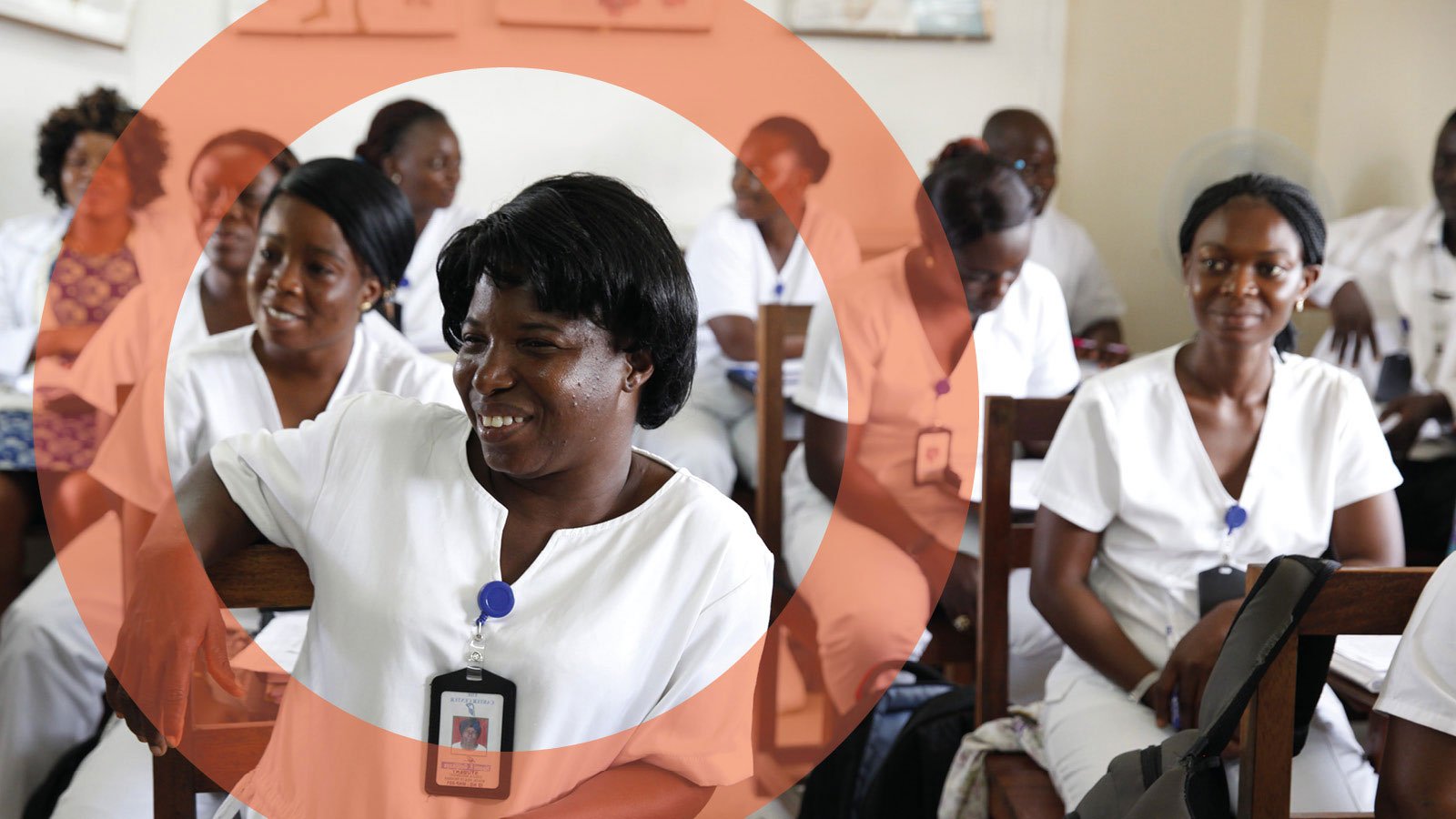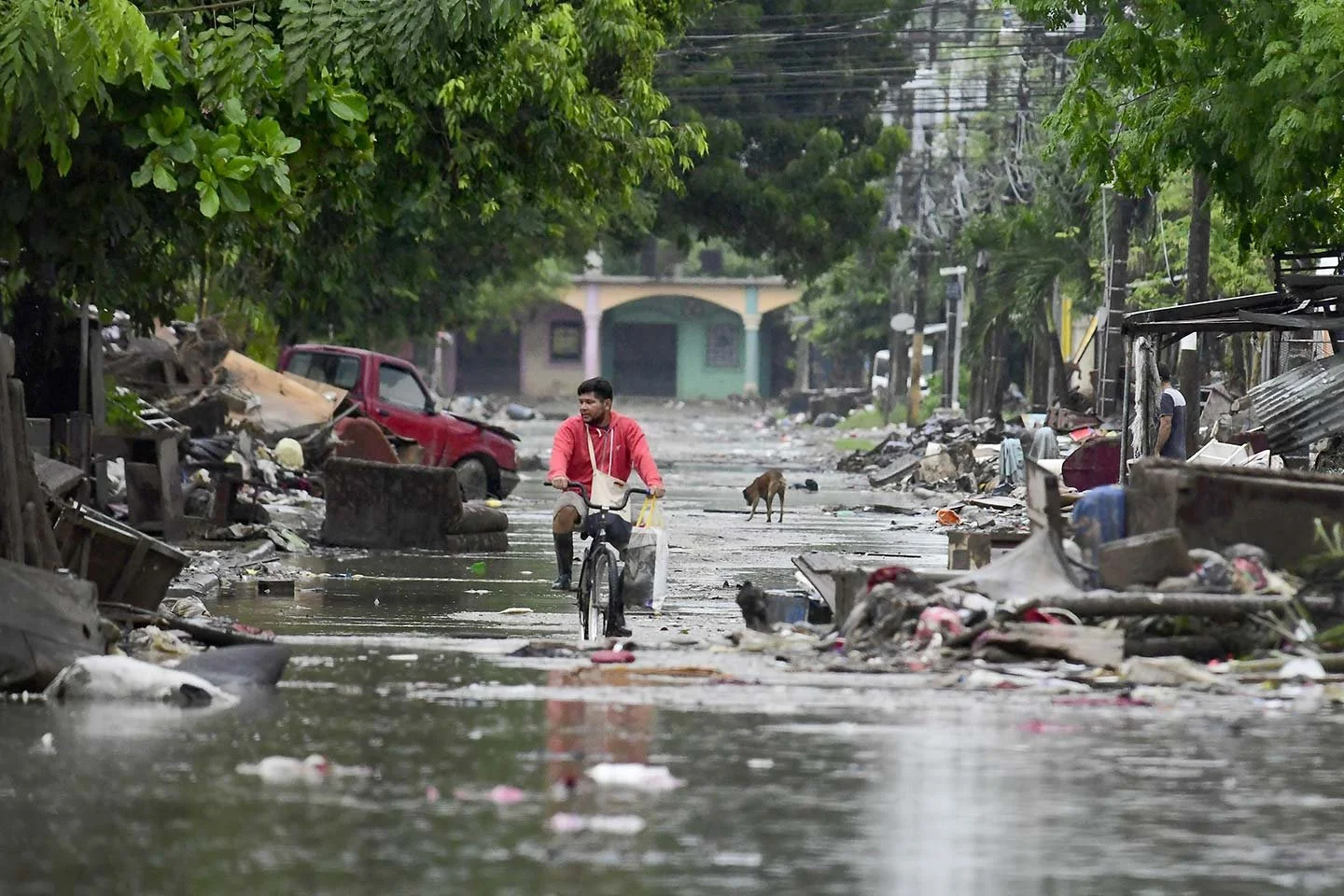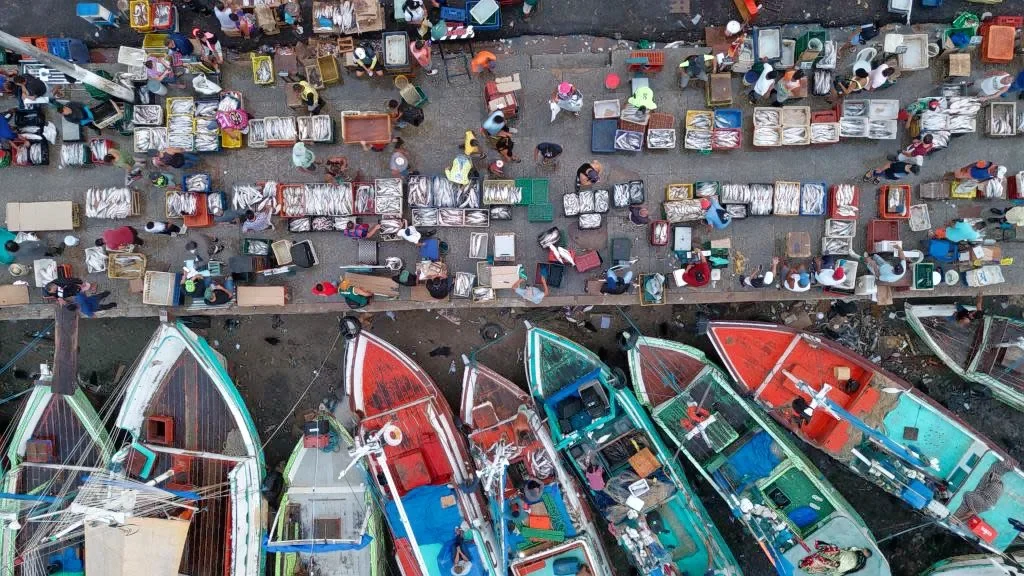
BLOGS
The State Of Pre-Arranged Financing for Disasters (2025)
The Centre for Disaster Protection’s flagship report goes further than ever before, read our comprehensive picture of how PAF is working at a global level.
Hurricane Melissa, debt and pre-arranged financing: Jamaica’s unfolding story
Debt is seen as a symbol of injustice. Jamaica’s response to Hurricane Melissa suggests that, deployed deliberately and in advance, it can steady an economy in the storm.
What do governments really want from pre-arranged finance?
Too often, pre-arranged funding tools for disasters are created to reflect the preferences of financial providers rather than the priorities of the governments that use them.
A Year in Review: Annual Report 2024/25
Disaster risks are increasing, but so is the momentum for change. Read our Year in Review and join the journey.
Commitment or compromise? Financing disaster risk from Addis to Sevilla
Over 10,000 delegates met in heat-struck Sevilla for global finance talks - did their agreements truly advance disaster risk finance beyond Addis?
Indonesia has the tools to protect against disasters – now it’s time to unlock their full potential
As climate risks grow, new research by RDI Global explores how Indonesia can scale up disaster finance to protect more people.
Fertile grounds, uneven paths: Disaster risk finance and social protection in the Sahel
When droughts hit in Burkina Faso or floods displace families in Chad, governments and their partners face a critical question: how can help arrive faster, more predictably, and at the scale needed? Over the past three years, the Centre for Disaster Protection has been working with Sahelian governments, the World Bank, and local partners to explore how disaster risk finance can help scale social protection systems in times of crisis.
More countries are using Cat DDOs: Here are three things to know
As the World Bank prepares for its 21st replenishment of the International Development Association (IDA) — the branch of the Bank that provides concessional finance to the world’s poorest countries — this July, Cat DDOs are playing an increasingly central role in the institution’s crisis financing toolkit. The Centre for Disaster Protection tracks their use as part of its annual State of Pre-arranged Financing for Disasters report. This blog post shares three recent insights into what we have found.
Five years on: Is monitoring, evaluation and learning catching up with pre-arranged financing?
Investment in pre-arranged finance for disasters is growing, and today’s toolkit is far broader than it was just a few years ago. With lives and livelihoods on the line, we need to know which approaches work, which don’t—and why. What governments and donors must ask: Is our learning keeping pace?
Counter Crisis: A brighter future for global disaster response?
In the third and final episode of this season of Counter Crisis, we turn to the Caribbean — a region on the frontlines of the climate crisis — to explore what a faster, smarter disaster response could look like. Jeevan Vasagar speaks to Liz Riley and Colin Bruce.
Crisis Protection 2.0: A better way to prepare for disasters
The Centre for Disaster Protection brought together 20 influential global leaders to figure out how to get more pre-arranged money into the system and shift towards a more proactive approach to disaster risk. The result was Crisis Protection 2.0: Future-Proofing Our World, a roadmap to scale up pre-arranged finance tenfold by 2035.
Counter Crisis: Breaking the cycle of response and recovery
In the second episode of Counter Crisis, we hear from Dan Lund and Kathy Baughman McLeod as they take us beyond the usual disaster headlines. From storms in the Pacific to extreme heat in South Asia, they offer their perspectives on what it will take to build a disaster financing system that works locally. They highlight on one urgent fact: if we want to help the communities most affected by climate shocks, we must move money before disaster strikes.
Counter Crisis: If we know it’s coming, why do we wait?
In the first episode of Series 2, Counter Crisis returns with host Jeevan Vasagar and guests Nena Stoiljkovic and Abdihakim Ainte to explore how pre-arranged financing can help countries on the frontline of the climate crisis respond faster and more effectively to disasters.
Launching soon: Counter Crisis Series 2
The second series of our podcast, Counter Crisis, is set to launch next week. Hosted by Jeevan Vasagar, Climate Editor at Tortoise Media, in this season we hear from frontline government and humanitarian leaders and delve into the vital role of pre-arranged financing to build resilience in a world where the costs of crises are increasing and aid is reducing.
Three feminist principles disaster risk financing should incorporate
This International Women’s Day, we’re highlighting how disaster risk financing often overlooks the unique needs of women. In this blog, we explore three feminist principles that should be incorporated into disaster risk financing strategies to create more inclusive, equitable, and effective approaches, better supporting women and promoting gender equality.
Hurricane Beryl: How did Jamaica’s DRF strategy stack up?
Hurricane Beryl in July 2024 presented an early test in the season for Jamaica’s disaster preparedness. Following the storm, there was criticism of Jamaica’s catastrophe bond which had narrowly avoided a US$45-million payout. However, a deeper analysis of Beryl’s impacts and Jamaica’s DRF strategy uncovers a more positive picture about how pre-arranged financing can help manage climate shocks.
Dare to share! Why transparency around disaster risk finance matters
This blog explores how the lack of transparency around the levels of costs and concessionality across different risk finance instruments hinders countries when choosing the most appropriate instruments that best address their crisis protection gaps, and what can be done to address this.
Hurricane Beryl: Record parametric payouts underline the evolution of CCRIF’s role in the Caribbean
This blog reviews the record payouts from the Caribbean Catastrophe Risk Insurance Facility (CCRIF) after Hurricane Beryl. The blog is part of a new ‘Hurricane Beryl’ blog series, which draws lessons about how pre-arranged financing is evolving to meet the ever-increasing costs of preparing for and responding to future climate shocks.
Setting the record straight: A stocktake of pre-arranged financing instruments
As the toolkit for pre-arranged financing expands, it is becoming increasingly challenging for governments to determine which instrument, or combination of instruments, best meets their needs. There is no single ‘best’ PAF instrument. This report offers an in-depth assessment of pre-arranged financing tools using seven key criteria for ensuring pre-arranged financing reduces the human and financial costs of disasters.
The state of pre-arranged financing for disasters 2024
In an era marked by an increasing frequency and severity of climate-related disasters, the ability to respond swiftly and effectively has never been more critical. The Centre for Disaster Protection’s report, The State of Pre-Arranged Financing for Disasters 2024, offers a detailed analysis of to what extent pre-arranged financing is shaping disaster response across the globe.




















